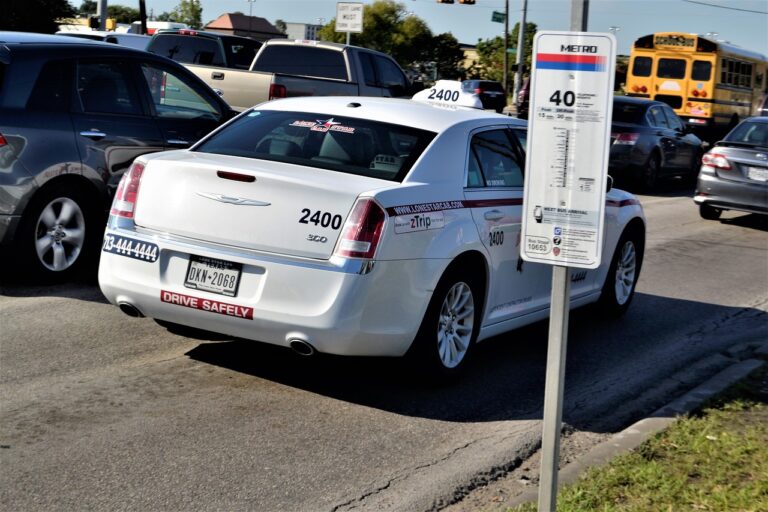The Future of Autonomous Vehicles and Business Opportunities
An ongoing challenge in the integration of autonomous vehicle technology revolves around the issue of cybersecurity. As these vehicles become more interconnected and reliant on data to operate efficiently, the risk of cyber-attacks also increases. Ensuring that the software and systems of autonomous vehicles are secure from potential breaches is crucial to safeguarding both passenger safety and the integrity of the technology itself.
Another pressing issue in the integration of autonomous vehicle technology is the need for standardized regulations and policies. With technology advancing rapidly, there is a lack of uniformity in regulations across different regions and countries. This discrepancy not only hinders the widespread adoption of autonomous vehicles but also poses challenges for manufacturers and service providers looking to operate on a global scale. Establishing consistent and comprehensive regulations will be essential in fostering trust in the technology and promoting its seamless integration into existing transportation systems.
Impact of Autonomous Vehicles on Transportation Industry
The integration of autonomous vehicles into the transportation industry is poised to revolutionize the way people and goods move from one place to another. With the potential to enhance safety, efficiency, and sustainability, autonomous vehicles have the capability to disrupt traditional modes of transport such as private cars, taxis, and even commercial fleets.
One of the most significant impacts of autonomous vehicles on the transportation industry is the potential to reduce traffic congestion and improve overall road safety. By leveraging advanced sensors, artificial intelligence, and real-time data, autonomous vehicles can navigate roads more efficiently, anticipate potential hazards, and communicate with other vehicles to avoid collisions. This paradigm shift towards autonomous transportation has the potential to reshape urban planning, infrastructure, and the very fabric of how we conceive mobility in the modern world.
Potential Business Models for Autonomous Vehicle Services
One potential business model for autonomous vehicle services is the subscription-based approach. In this model, users pay a monthly fee to access a fleet of autonomous vehicles for their transportation needs. This can provide a convenient and cost-effective solution for individuals and businesses that require flexible and on-demand transportation options.
Another potential business model is the partnership model, where companies collaborate to offer autonomous vehicle services. This could involve automakers partnering with ride-sharing platforms or technology firms to integrate autonomous vehicles into their existing services. By leveraging each other’s strengths and resources, these partnerships can accelerate the adoption of autonomous vehicles and create new revenue streams for all involved parties.







